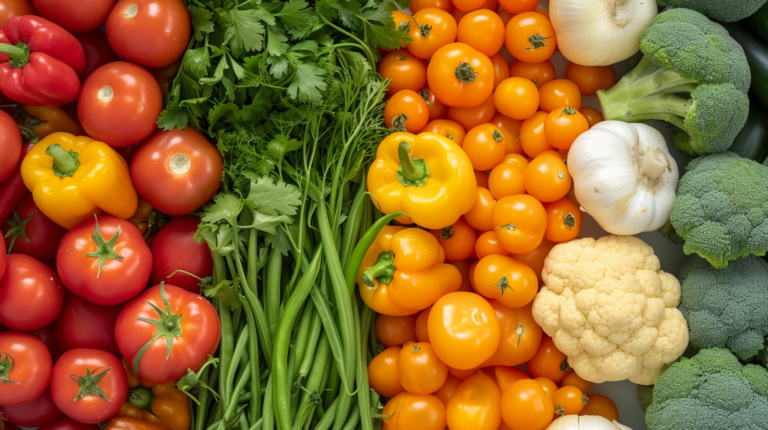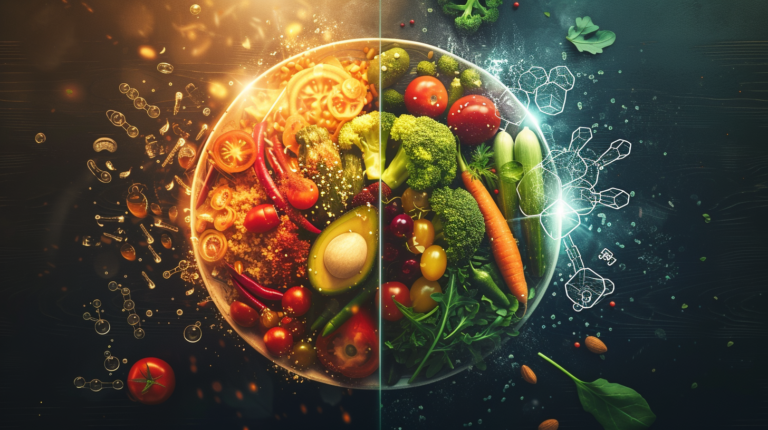In the quest for a healthier lifestyle, many turn to what they believe are the cornerstones of a nutritious diet: vegetables. However, not all vegetables are created equal, and the distinction between fresh, organic produce and their processed counterparts is more than just a matter of taste. It’s a significant health consideration. Processed vegetables often come packaged with hidden dangers that can undermine the very essence of consuming vegetables for health benefits. This blog delves into three critical dangers associated with processed vegetables, offering insights into why choosing natural and organic options is paramount for optimal health.

1. Nutrient Loss and Added Chemicals
One of the most significant dangers of processed vegetables lies in the stark reduction of their nutritional value. During processing, vegetables are often blanched, canned, or frozen, which can lead to a considerable loss of vitamins, minerals, and enzymes that are vital for health. For those interested in exploring the impact of processing on food beyond vegetables, the article “Assessing the True Value and Price of Organic Food” on Organic Oasis Magazine provides further insights. You can read more about this topic here.
For instance, water-soluble vitamins like vitamin C and the B-vitamins are highly susceptible to degradation during the processing phase. Furthermore, to extend shelf life and enhance flavor, processed vegetables are frequently laden with added salts, sugars, and preservatives. These additives contribute not only to an increased intake of unnecessary and harmful substances but also to the risk of developing health conditions such as hypertension, diabetes, and heart disease.
2. Contamination with Pesticides and Chemicals
The safety of processed vegetables is further compromised by the use of pesticides and chemicals in conventional agriculture. These substances, designed to kill pests and weeds, also pose significant health risks to humans. The processing of vegetables does not eliminate these chemical residues completely; in fact, some methods can lead to their concentration. Consuming these chemicals over time can lead to a buildup in the body, potentially causing endocrine disruption, reproductive issues, and even cancer. To understand more about the balance between pesticide use and natural plant defenses, the post “Why Vegetables Are Trying to Kill You: A Deep Dive into Nature’s Defenses” offers an engaging read, which you can check out here.
Opting for organic and minimally processed vegetables reduces exposure to these hazardous chemicals, aligning with the body’s natural dietary needs and evolutionary adaptations.


3. The Presence of Unnatural Additives
Finally, processed vegetables are often modified with additives that are foreign to the human body. These include stabilizers, colorants, and flavor enhancers, which are used to make the products more appealing and palatable. However, these synthetic compounds can have adverse effects on health. For example, certain food colorings have been linked to behavioral issues in children and may pose risks of allergic reactions. The consumption of these unnatural additives contrasts sharply with the human body’s optimal functioning, which is attuned to processing natural, whole foods. If you’re interested in a related discussion on the impact of dietary choices on health, “Natural Whole Foods as a Solution for Reducing Inflammation” provides valuable insights. More information can be found here.
By consuming foods that are as close to their natural state as possible, individuals can avoid the potential health risks posed by these artificial substances.
The dangers of processed vegetables are multifaceted, impacting not only the nutritional value of the foods we consume but also exposing us to harmful chemicals and unnatural additives. By choosing organic, minimally processed vegetables, individuals can significantly reduce their exposure to these risks, aligning their diets more closely with the natural dietary patterns that the human body has evolved to thrive on. Embracing a diet rich in fresh, organic produce is not only a step towards better health but a return to the fundamentals of human nutrition.